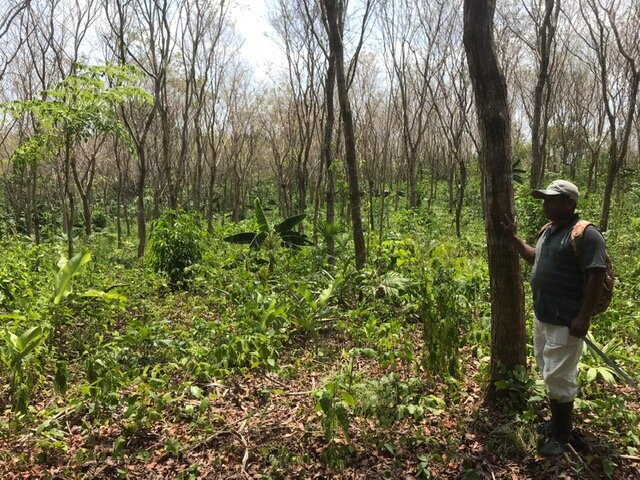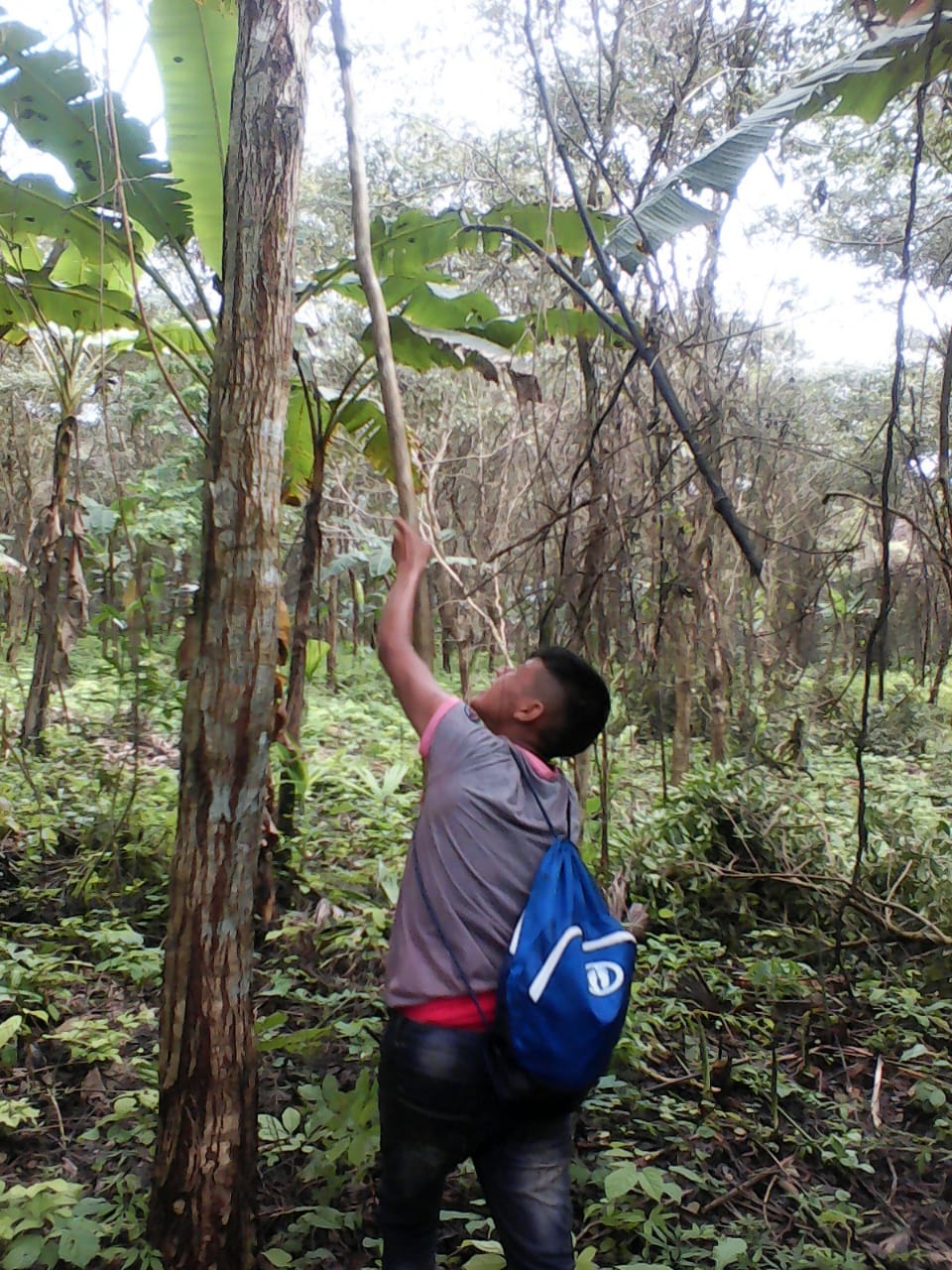New forestry investment in Brazil
/
Two things about the fund stood out:
- Targeted 14% internal rate of return (IRR)
A 14% IRR is possible, but challenging. The main holding of the fund will be monoculture plantations of Eucalyptus, which in Brazil is used for charcoal, pulp, and non-traditional products such as furniture. Forestry investments are most profitable when investors can buy low and sell high. Given that commodity prices are already high and look to remain this way for some time, and assuming this pricing is built into the targeted return, it might be difficult to deliver 14%.
- 15 year time period for the investments
While a 15 year time period will make it easier for investors to hold their purchased assets and wait to sell at the top of an economic cycle, such a short time period presents a challenge. 20 years would be a better time period and give them more flexibility to exit their investments at the right time. The most successful timber investments have been made by endowments with no investment time frame who can hold the illiquid investments until the best opportunity presents itself and not be forced to prematurely sell at a discount.
For those who can’t invest millions, Planting Empowerment is offering smaller investment options. Our previous investment term of 25 years was too long, especially considering the lack of exit options. However, we are optimistic that our new opportunities based on shorter term debt periods and convertible debt will be interesting for smaller investors. Assuming that we can bundle the plantations into assets that funds will hold, we should be able to produce exit opportunities within 15 years that produce competitive returns.
The increasing number and variety of forest investments is a good thing, but we still need more funding to flow into the forestry sector to increase its production and reduce pressure on primary forests. While some of the stated goals will be difficult for some funds to reach, investors overall can still expect reasonable returns.






